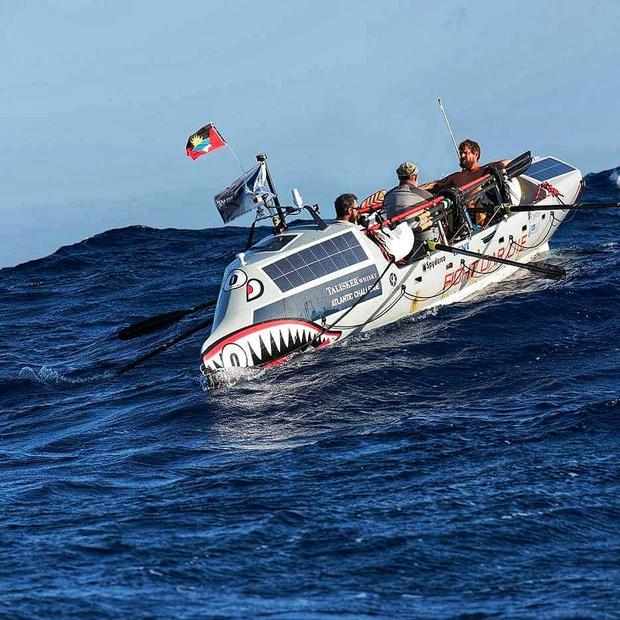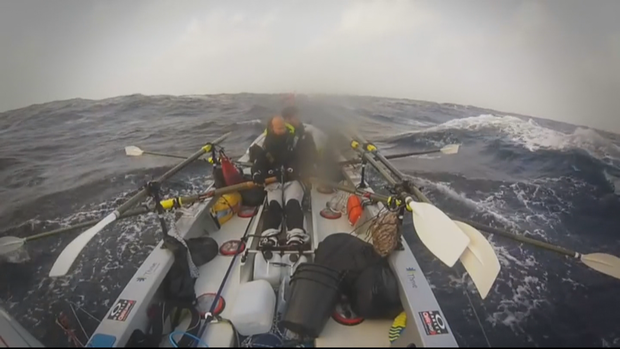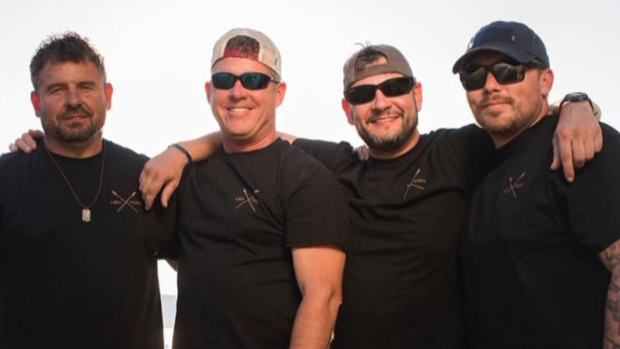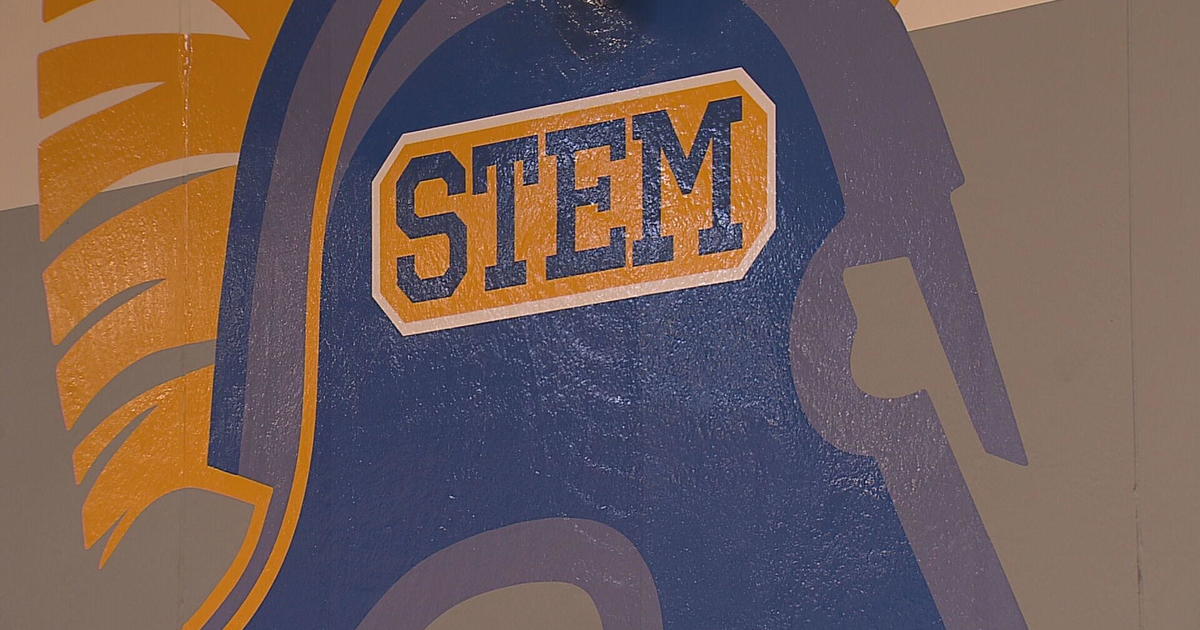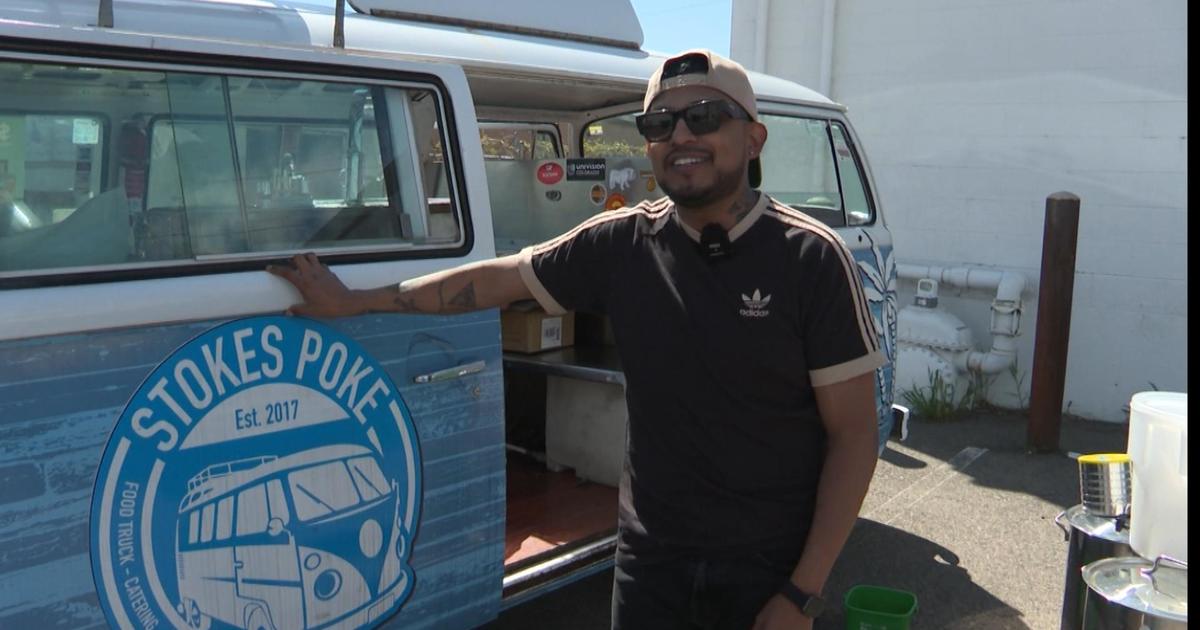Veterans Rowing Across Atlantic Are Almost Home
DENVER (CBS4) - Laura Knight remembers the day her husband Bryant said he wanted to row 3,000 miles across the Atlantic. All in the name of raising awareness for mental health.
"I said 'I would like to go on record as saying you guys are crazy and there's probably something else you can do.' And then my husband's like, 'Have you met me?'" she told CBS4's Dominic Garcia.
In December, Bryant Knight and three other veterans embarked on a massive challenge. The group, known as Fight Oar Die, is taking part in the Talisker Whisky Atlantic Challenge. It means they will row 3,000 nautical miles across the Atlantic in a 28-foot boat. The journey began Dec. 12 in Spain's Canary Islands and the final destination is all the way in Antigua and Barbuda in the Caribbean. The crew is expected to finish on Monday.
Laura Knight says she's been able to speak to her husband about every three days.
"He went on three combat deployments and another contract deployment, and so it's been similar in a lot of ways," she told CBS4.
Their boat is called Woobie and it was built in Port Townsend, Washington. It has been carrying the four-man crew as well as all their water and food for the journey.
The crew has spent countless hours in the gym and on boats. The trip should take each team member about 1.5 million strokes on the oars.
No U.S. veteran team has performed this challenge before, and the team is doing it in an effort to raise awareness for mental health challenges.
Dr. Jacob Hyde is also a combat veteran. Formerly an assistant professor at the University of Denver, he is now with the University of Arizona and helped the Fight Oar Die team train for the 35-to-50 day journey. He has been using a satellite phone to communicate with the team during the race and study how they adapt to the extreme environment.
"One of the biggest things I'm looking at is what happens to their cognition as they become more and more sleep deprived," Hyde said. "They'll be rowing for two hours and sleeping for two hours and for up to 50 days. We're really wanting to better understand what happens to the brain and decision making over that amount of time."
Hyde hopes a better understanding of the body's response to stress will help them develop better training for troops before they deploy.
"We want to really be able to prepare people up front, help prepare them for missions like this so that they have positive outcomes afterwards," Hyde said.
More than 30 other competitors from around the world took part in the race.
Laura Knight can't wait to see her husband and hopes he can inspire other veterans.
"Just because your service is over doesn't mean you're done doing extraordinary things. Get out and do whatever it is, find a new mission. Go do something else, you can do anything you want to do."
You can track the team's progress at http://usvetrow.org/ or on Facebook at https://www.facebook.com/fightoardie/
